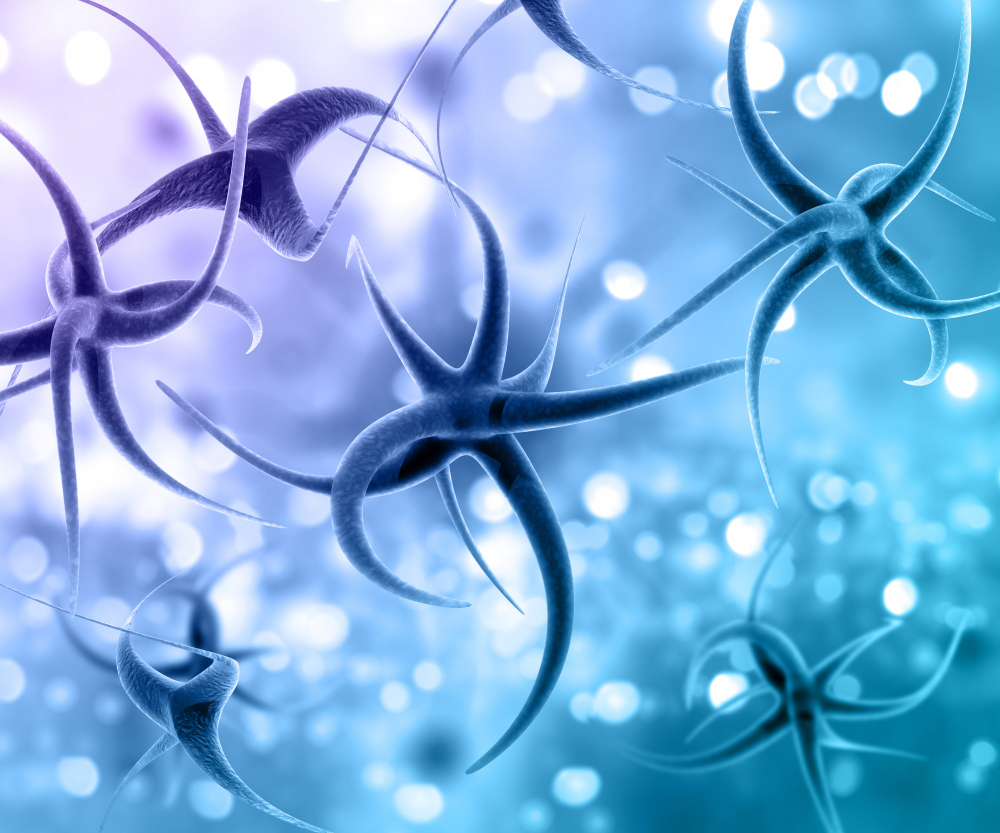The Role of Umbilical Cord MKH in Modern Medicine


Umbilical cord MKH is at the forefront of regenerative medicine, offering innovative solutions for a range of medical conditions. This type of therapy, derived from the umbilical cord after birth, is rich in regenerative properties that can promote healing, tissue repair, and rejuvenation. In this article, we’ll explore what umbilical cord MKH is, how it works, and its expanding role in modern medicine.
What Is Umbilical Cord MKH?
Umbilical cord MKH refers to the cells collected from the umbilical cord after birth. These cells are particularly potent in their regenerative abilities, making them a valuable source for advanced medical treatments. Unlike other forms of MKH, umbilical cord MKH is non-invasive to collect and has higher growth potential, making it an ideal candidate for various therapeutic applications.
| Source | Characteristics |
|---|---|
| Umbilical Cord MKH | Rich in growth factors and highly regenerative |
| Collection Process | Non-invasive and painless, obtained after birth |
The cells from umbilical cords are known to be adaptable and have a low risk of rejection, making them useful for both the patient and potentially others. They can be banked and stored for future use, offering long-term therapeutic potential.
How Umbilical Cord MKH Works
Umbilical cord MKH works by promoting the body’s natural ability to heal and regenerate. These cells are injected into the patient’s body, where they communicate with damaged or aging tissues, encouraging them to repair themselves. Umbilical cord MKH is unique because it is packed with growth factors and cytokines that enhance tissue regeneration and reduce inflammation.
Mechanism of Action:
- Injection into the Target Area: The cells are administered via injection to the damaged or aging tissue.
- Cellular Communication: MKH cells send signals to surrounding tissues, triggering repair and growth.
- Tissue Regeneration: The targeted tissue regenerates, improving function and reducing symptoms.
| Step | Process |
|---|---|
| Injection | Cells are injected into the target area |
| Communication | MKH cells communicate with local tissues |
| Regeneration | Tissue repair and regeneration begin |
Applications of Umbilical Cord MKH in Medicine
Umbilical cord MKH is being used in a variety of medical fields, from orthopedic treatments to skin rejuvenation and fertility enhancement. Its ability to promote healing and tissue regeneration makes it a valuable option for patients with different medical conditions.
Orthopedic Treatments:
Umbilical cord MKH is highly effective in treating joint and soft tissue injuries. By promoting the regeneration of cartilage, ligaments, and tendons, it can help patients recover from injuries without the need for invasive surgeries.
Fertility Enhancement:
In fertility treatments, umbilical cord MKH is used to enhance the ovarian environment, especially in women with poor ovarian reserve. This can improve egg quality and increase the chances of conception, particularly in women undergoing IVF treatments.
Wound Healing:
Patients with chronic wounds, such as diabetic ulcers, can benefit from umbilical cord MKH’s regenerative abilities. These cells help accelerate the healing process, promoting faster recovery in non-healing wounds.
| Application | How Umbilical Cord MKH Helps |
|---|---|
| Orthopedic Injuries | Promotes cartilage and ligament regeneration |
| Fertility Treatments | Enhances ovarian function and egg quality |
| Wound Healing | Speeds up recovery for chronic wounds |
Advantages of Umbilical Cord MKH
Umbilical cord MKH offers several advantages over other forms of regenerative therapies. Some of the key benefits include:
Non-Invasive Collection:
One of the biggest advantages of umbilical cord MKH is that it can be collected at birth without any invasive procedures, making it a painless and risk-free process for both the mother and baby.
Highly Regenerative:
Umbilical cord MKH is rich in growth factors, making it highly effective for tissue repair and healing. Its regenerative properties exceed those of other cell sources due to its youthful and adaptable nature.
Low Risk of Rejection:
Since umbilical cord MKH is considered immune-privileged, it has a very low risk of causing rejection when used for medical treatments. This makes it a safer option for both autologous (from the same person) and allogeneic (from a donor) use.
| Advantage | Benefit |
|---|---|
| Non-Invasive Collection | Safe and painless collection at birth |
| Highly Regenerative | Rich in growth factors and cytokines |
| Low Risk of Rejection | Can be used in different patients with minimal risks |
Who Can Benefit from Umbilical Cord MKH?
Umbilical cord MKH is suitable for a wide range of patients, particularly those who are looking for natural and effective treatments for various conditions. This therapy is especially beneficial for:
- Patients with joint pain or cartilage injuries
- Women seeking fertility treatments, especially those with low ovarian reserves
- Individuals with chronic wounds or tissue damage
Whether you are dealing with joint issues, looking to improve fertility, or suffering from chronic wounds, umbilical cord MKH offers a safe and effective solution for promoting healing and regeneration.
Conclusion
Umbilical cord MKH is playing an increasingly important role in modern medicine due to its ability to promote tissue regeneration, repair, and overall healing. With its non-invasive collection process and powerful regenerative capabilities, it offers a versatile treatment option for a variety of medical conditions.
Contact us today for more information on how umbilical cord MKH can be used to support your health and healing journey.



